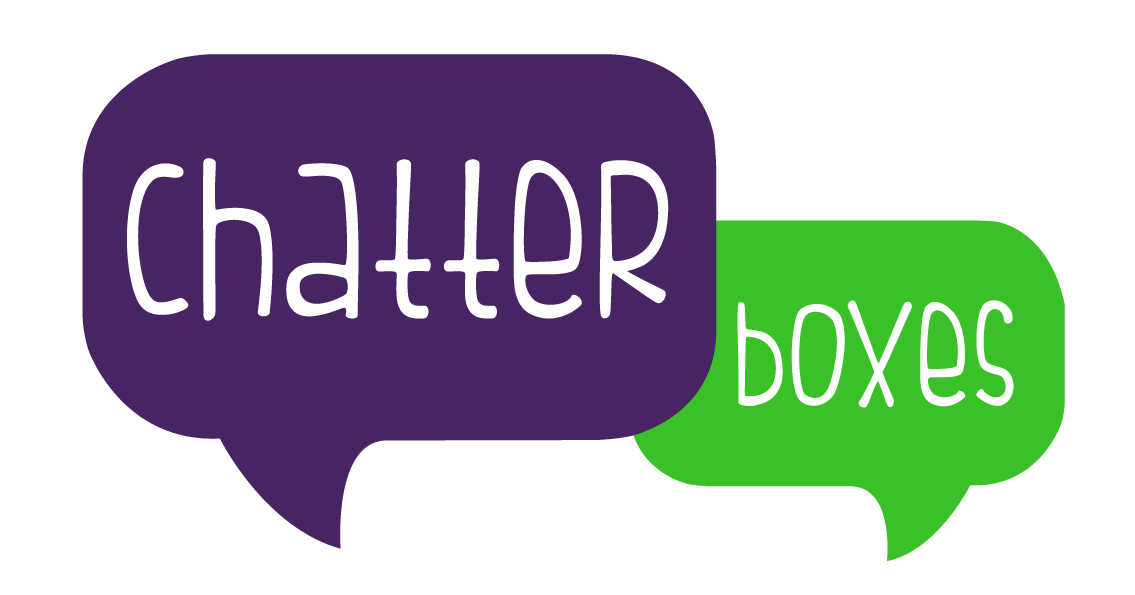
When you first become concerned about your child’s speech and language, you are often concerned about a particular area. This could be anything from attention to speech. Whatever your concern, it is important for your concern to be listened to and understood by the Speech and Language Therapist. But what if they decide not to work on what you think the problem is, have your concerns been ignored? The answer is no! Sometimes the Speech and Language Therapist decides to work on something different due to the hierarchy pictured.
Hierarchy
Children need to develop sufficient skills at the bottom of the pyramid to progress and develop their skills further up the hierarchy. For example, a child needs to be able to sit and listen to language in order to understand. In the same way, a child needs to understand something to be able to talk about it. This hierarchy is fundamental to supporting your child’s development.
Therapy
This principle translates into what is targeted in therapy. If you raise concerns that your child is not talking in sentences, after assessment the therapist may work on understanding. Not because your opinion does not matter but because your child has a difficulty understanding sentences and therefore has not developed the skills needed to talk in sentences. Another common example is that you raise concerns about your child’s speech sounds and the Speech and Language Therapist works on language. This is because understanding and expressive language skills are crucial to your child making progress with their speech sounds. It is likely that as these skills develop, your child will make progress in the area you identified as a difficulty or after they have finished working on other skills, the therapist will target the area you identified.
Play
Play skills are developed before language develops. This is often an area where you may not consider a Speech and Language Therapist is involved in, but these play skills can support the development of other skills such as turn taking in a conversation and social communication skills.
Social Skills
Unlike the other areas, social communication skills are consistently being developed. From the age of three months a baby is already participating in turn taking through babbling and as children grow up, their social communication skills are constantly developing and therefore, different social communication skills may be worked on at any age but the first developing social skills are always targeted first.
It is important to be open and honest with the Speech and Language Therapist so you can speak openly about your concerns and understand what is being worked on, how and why. When we all work together and are on the same page, the child is able to make the most progress in therapy session.
Check out Our Resources page for ideas of how to support language development at all areas of the speech and language hierarchy.
